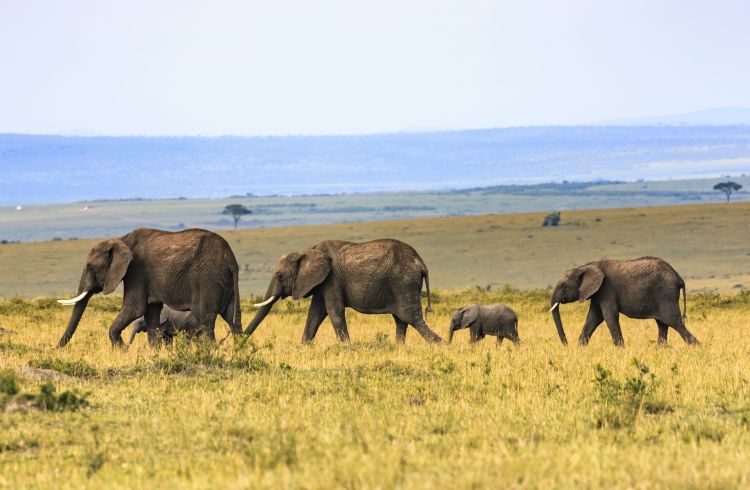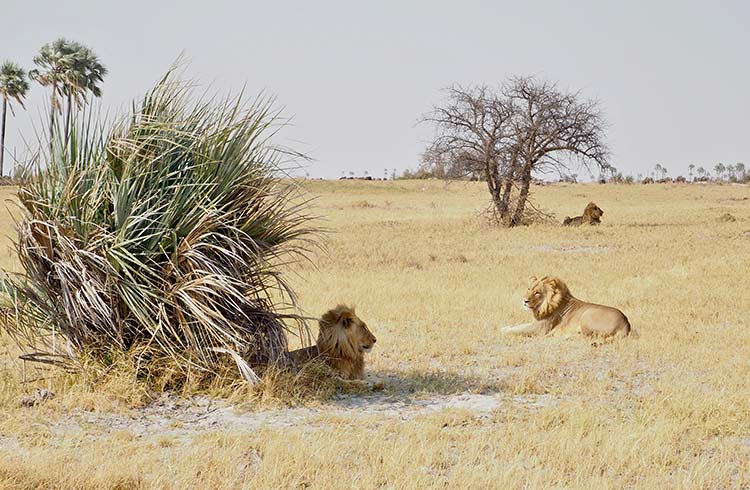The Essential Guide to Travel Vaccinations for Africa
Don't let sickness stifle your safari plans. Check out these tips for travel vaccinations for Africa to help you stay healthy.
 Photo © Unsplash/Larry Li
Photo © Unsplash/Larry Li
So nobody likes getting shots but it seems every time you get ready to take a trip overseas you receive a laundry list of recommended vaccinations.
Vaccinations
At a minimum, the following vaccinations are recommended for travel in Africa:
- Routine vaccinations such as measles, mumps, rubella, polio, tetanus, diphtheria, whooping cough
- Hepatitis A
- Typhoid
NOTE: If you are entering any country from a yellow fever endemic country, you will need to supply proof of vaccination on arrival. Some yellow fever endemic countries will not permit entry if travelers have not received the vaccination.
Other vaccinations which may need to be considered depending on traveler needs and travel activities:
- Cholera - Travelers who are spending extended periods of travel or doing activities in rural locations
- Meningitis (Meningococcal) - The risk for the majority of travelers is low however it's recommended for those who are planning to travel to countries in the African Meningitis Belt, are spending extended periods of travel in densely populated areas or in locations where the disease is present e.g health workers or volunteers.
Rabies
The rabies vaccination is recommended if you are planning outdoor activities as a part of your trip (such as camping, hiking, biking etc.) or traveling extensively in rural locations where access to medical treatment is non-existent to minimal and that puts you at risk of animal bite.
The majority of rabies deaths occur in Asia and Africa where locals struggle to afford personal vaccinations and vaccinations for their dogs. Rabies has been eliminated from many countries in South America due to efficient vaccination programs.
Most people don't expect to be bitten by a dog, monkey or bat while traveling but if you're bitten, you will need seek medical treatment immediately or evacuate to a large city with proper medical care and access to the post-exposure prophylaxis if you're traveling remotely. It may be difficult to find the prophylaxis and in some African countries, there can be localized shortages of the rabies vaccine.
Many rural and developing nation hospitals may not use the safer rabies vaccines instead using older types with risk to the traveler such as severe allergic reaction.
Malaria
Malaria is present in several countries in Africa and if not treated, can lead to further health complications or worse, death. Travelers should consider taking an anti-malarial before traveling however it's important to chat with your doctor as some anti-malarials work better than others.
Travel Health Tips
In terms of general travel safety in Africa, a few other tips to avoid illness are:
1. Water Safety
There's not many places in Africa where you can drink water straight from the tap. Drink and brush your teeth with purified, treated water only. Keep your mouth closed while taking a shower. Avoid ice and icy drinks unless you know the ice has come from a safe source.
2. Be a Compulsive Hand Washer
A bottle of hand sanitizer should be carried with you and be used after visiting the restroom, before each meal, after handling money, before putting-in or taking-out contact lenses, touching animals etc. Hepatitis A and typhoid are passed in human feces, so be a compulsive hand washer.
3. Avoid Mozzie Bites
Use DEET and permethrin, long sleeves and pants and bed nets to prevent insect bites and contracting diseases. Need more tips? Check out this article on minimising mosquito bites.
4. Watch What You Eat
Part of the travel experience is trying all the amazing and diverse dishes from the many countries in Africa. But sometimes things don't go to plan and you may end up with a dose of traveler's diarrhea or worse, hepatitis A or typhoid. You need to know what to look for when planning to eat out, otherwise you could end up stuck to the toilet or laid up in hospital.
Related articles
Simple and flexible travel insurance
You can buy at home or while traveling, and claim online from anywhere in the world. With 150+ adventure activities covered and 24/7 emergency assistance.
Get a quote

No Comments